Blog
This striking image from the NASA/ESA Hubble Space Telescope showcases Arp 298, a stunning pair of interacting galaxies. Arp 298 — which comprises the two galaxies NGC 7469 and IC 5283 — lies roughly 200 million light-years from Earth in the constellation Pegasus. The larger of the two galaxies pictured here is the barred spiral galaxy NGC 7469, and IC 5283 is its diminutive companion. NGC 7469 is also host to an active, supermassive black hole and a bright ring of star clusters. The “Arp” in this galaxy pair’s name signifies that they are listed in the Atlas of Peculiar Galaxies compiled by the astronomer Halton Arp. The Atlas of Peculiar Galaxies is a rogues’ gallery of weird and wonderful galaxies containing peculiar structures, featuring galaxies exhibiting everything from segmented spiral arms to concentric rings. This interacting galaxy pair is a familiar sight for Hubble — a portrait of the merging galaxies in Arp 298 was published in 2008. This image of Arp 298 contains data from three separate Hubble proposals. By combining observations from three proposals, Arp 298 is captured in glorious detail in seven different filters from two of Hubble’s instruments — the Wide Field Camera 3 and the Advanced Camera for Surveys. The process of planning Hubble observations starts with a proposal — a detailed plan of what an astronomer intends to observe and their scientific motivation for doing so. Once a year, these proposals are gathered and judged in a gruelling review process which assess their scientific merit and feasibility. Fewer than 20% of the proposed observations in any given year will make it through this process and be approved, which makes observing time with Hubble highly prized indeed. This system will be one of the first galaxies observed with the NASA/ESA/CSA James Webb Space Telescope as part of the Director’s Discretionary Early Release Science Programs in Summer 2022.
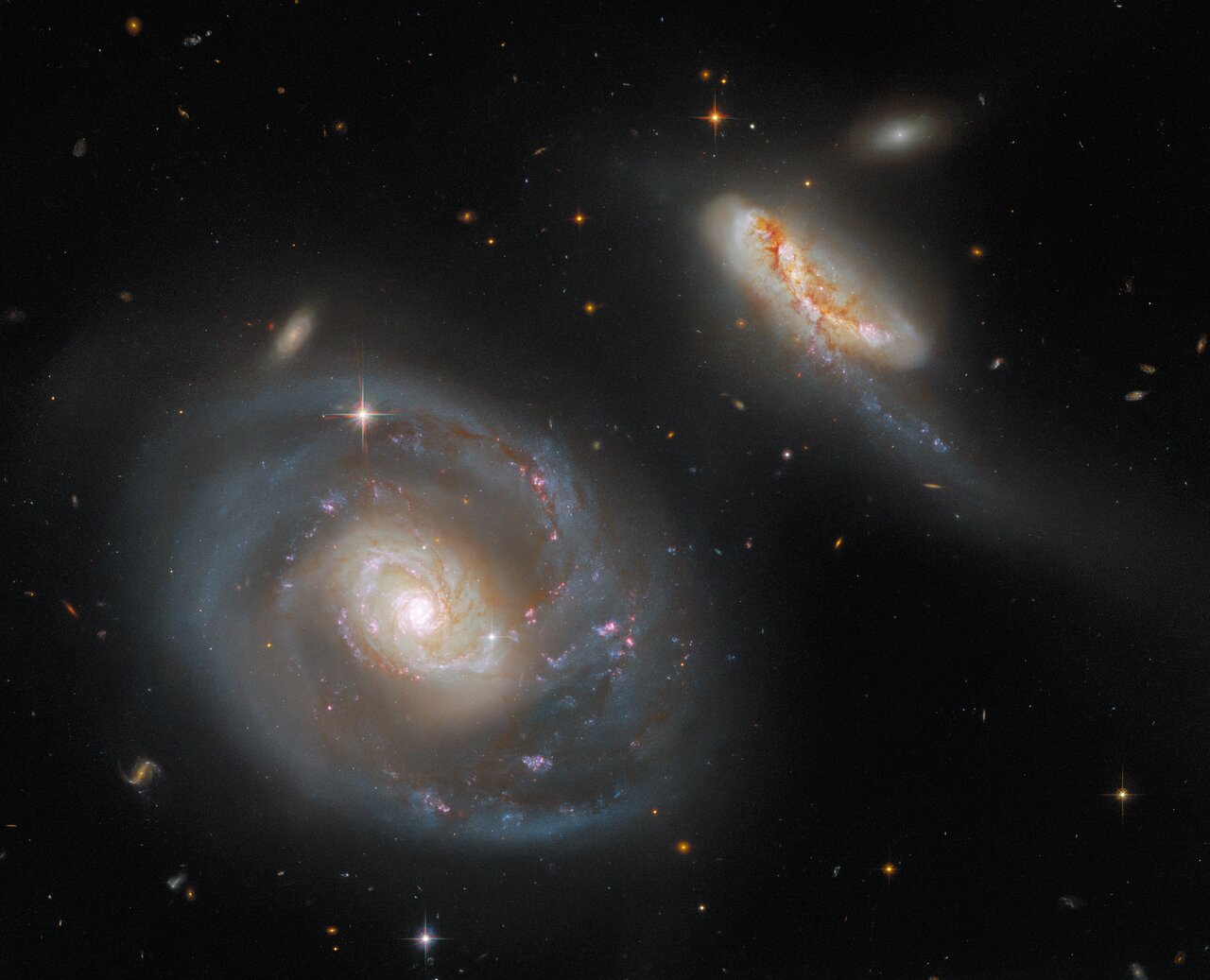
Corey Harris (born February 21, 1969, in Denver, Colorado, United States) is an American blues and reggae musician, currently residing in Charlottesville, Virginia. Along with Keb’ Mo’ and Alvin Youngblood Hart, he raised the flag of acoustic guitar blues in the mid-1990s. He was featured on the 2003 PBS television mini-series, The Blues, in an episode directed by Martin Scorsese.
Harris was born and raised near Denver, Colorado. He graduated from Bates College in Lewiston, Maine with a bachelor’s degree in 1991, and was awarded an honorary doctorate in 2007. Harris received a Thomas J. Watson Fellowship for language studies in Cameroon in his early twenties, before taking a teaching post in Napoleonville, Louisiana under the Teach For America program.[2][3] His debut solo album Between Midnight and Day(1995) was produced by Grammy nominee/composer/producer Larry Hoffman, who discovered him in 1994 in Helena, Arkansas. The record included covers of Sleepy John Estes, Fred McDowell, Charlie Patton, Muddy Waters, and Booker White. His second recording with Hoffman, Fish Ain’t Bitin’, was the recipient of the 1997 W.C. Handy Award for Best Acoustic Blues Album of the Year. Recorded in New Orleans, it featured Harris’ original songs, vocal, and guitar backed on certain tracks by a trio of tuba and two trombones arranged by producer Hoffman. In 2002, Harris collaborated with Ali Farka Toure on his album Mississippi to Mali, fusing blues and Toure’s music from northern Mali. In 2003, he contributed to the Northern Bluesrelease Johnny’s Blues: A Tribute To Johnny Cash.
more...Edward Haydn Higgins (February 21, 1932 – August 31, 2009) was an American jazz pianist, composer, and orchestrator.
Born and raised in Cambridge, Massachusetts, United States, Higgins initially studied privately with his mother. He started his professional career in Chicago, Illinois, while studying at the Northwestern University School of Music.
For more than two decades Higgins worked at some of Chicago’s most prestigious jazz clubs, including the Brass Rail, Preview Lounge, Blue Note, Cloister Inn and Jazz, Ltd. His longest and most memorable tenure was at the long-gone London House, where he led his jazz trio from the late 1950s to the late 1960s, playing opposite jazz stars of this period, including Cannonball Adderley, Bill Evans, Erroll Garner, Stan Getz, Dizzy Gillespie, Wes Montgomery, Oscar Peterson and George Shearing, among others. Later, Higgins said the opportunities to play jazz music with Coleman Hawkins and Oscar Peterson were unforgettable moments. Higgins spent his time at the London House Restaurant with bassist Richard Evans and drummer Marshall Thompson. Higgins also worked for Chess Records as a producer.
more...Roger Charlery (21 February 1963 – 26 March 2019), known professionally as Ranking Roger, was a British musician. He was a vocalist in the 1980s two-tone band the Beat (known in North America as the English Beat) and later General Public. He subsequently headed up a reformed Beat lineup.
The “Ranking” moniker is short for “top-ranking” or “high-ranking”, and was a titular boast common amongst reggae music MCs.
Roger Charlery was born in Birmingham, England, and grew up in the Small Heath area of the city. The son of Jean Baptiste Charlery and his wife Anne Marie, he was of West Indian descent; his mother and father were from Saint Lucia. He attended Archbishop Williams school, and while still at school began deejaying with reggae sound systems before becoming a drummer with the Dum Dum Boys in 1978. Roger became a punk rock fan as a teenager and was the drummer in the Dum Dum Boys before joining ska revival pioneers the Beat in the late 1970s. The Dum Dum Boys’ first gig was with the Beat and his burgeoning friendship with them meant he began to gatecrash their gigs, take the mic, and start toasting. In January 2019, it was announced that Roger had undergone surgery for two brain tumours, and was undergoing treatment for lung cancer. He died at his home in Birmingham on 26 March 2019 at the age of 56.
more...Eunice Kathleen Waymon (February 21, 1933 – April 21, 2003 Tyon, NC), known professionally as Nina Simone, was an American singer, songwriter, musician, arranger, and civil rights activist. Her music spanned styles including classical, jazz, blues, folk, R&B, gospel and pop.
The sixth of eight children born to a poor family in Tryon, North Carolina, Simone initially aspired to be a concert pianist. With the help of a few supporters in her hometown, she enrolled in the Juilliard School of Music in New York City. She then applied for a scholarship to study at the Curtis Institute of Music in Philadelphia, where she was denied admission despite a well received audition, which she attributed to racism. In 2003, just days before her death, the Institute awarded her an honorary degree.
To make a living, Simone started playing piano at a nightclub in Atlantic City. She changed her name to “Nina Simone” to disguise herself from family members, having chosen to play “the devil’s music” or so-called “cocktail piano”. She was told in the nightclub that she would have to sing to her own accompaniment, which effectively launched her career as a jazz vocalist. She went on to record more than 40 albums between 1958 and 1974, making her debut with Little Girl Blue. She had a hit single in the United States in 1958 with “I Loves You, Porgy“. Her musical style fused gospel and pop with classical music, in particular Johann Sebastian Bach, and accompanied expressive, jazz-like singing in her contralto voice.
more...Tadley Ewing Peake Dameron (February 21, 1917 – March 8, 1965) was an American jazz composer, arranger, and pianist.
Born in Cleveland, Ohio, Dameron was the most influential arranger of the bebop era, but also wrote charts for swing and hard bop players. The bands he arranged for included those of Count Basie, Artie Shaw, Jimmie Lunceford, Dizzy Gillespie, Billy Eckstine, and Sarah Vaughan. In 1940-41 he was the piano player and arranger for the Kansas City band Harlan Leonard and his Rockets. He and lyricist Carl Sigman wrote “If You Could See Me Now” for Sarah Vaughan and it became one of her first signature songs. According to the composer, his greatest influences were George Gershwin and Duke Ellington.
Dameron recorded a single notable project as a leader, The Magic Touch, but was sidelined by health problems; he had several heart attacks before dying of cancer in 1965, at the age of 48. He was buried at Ferncliff Cemetery in Hartsdale, New York.
more...
This is the seagull nebula cataloged IC 2177 about 3800 light-years away in the direction of the Linicorn constellation.
This is a huge cloud consisting mainly of hydrogen gas, and in other proportions of oxygen, sulfur and other even heavier elements ionized by hot new stars by their intense ultraviolet radiation.
Two large HII clouds make up the seagull nebula. The first is the SH 2- 296 which forms the body and wings of our celestial bird, this formation is a nursery of stars that shape the molecular clouds around by their powerful stellar winds. The second gas cloud is SH 2- 292, which forms the head of the seagull. This cloud is more compact and possibly derives its characteristics from the star HD 53367 (the eye of the seagull).
Other smaller neighboring molecular clouds are part of this cosmic scene including SH 2- 293 and SH 2- 295 which add a degree of wonder to this region of the sky.
The show is not yet over as two open clusters invite each other to the party, these are NGC 2343 and 2335.
Finally, let’s note the gigantic shock wave compressing the cloud near the star catalogued HD 53974. The latter is a blue subgiant whose radial velocity of about 32 km/s is probably the cause of this wave.
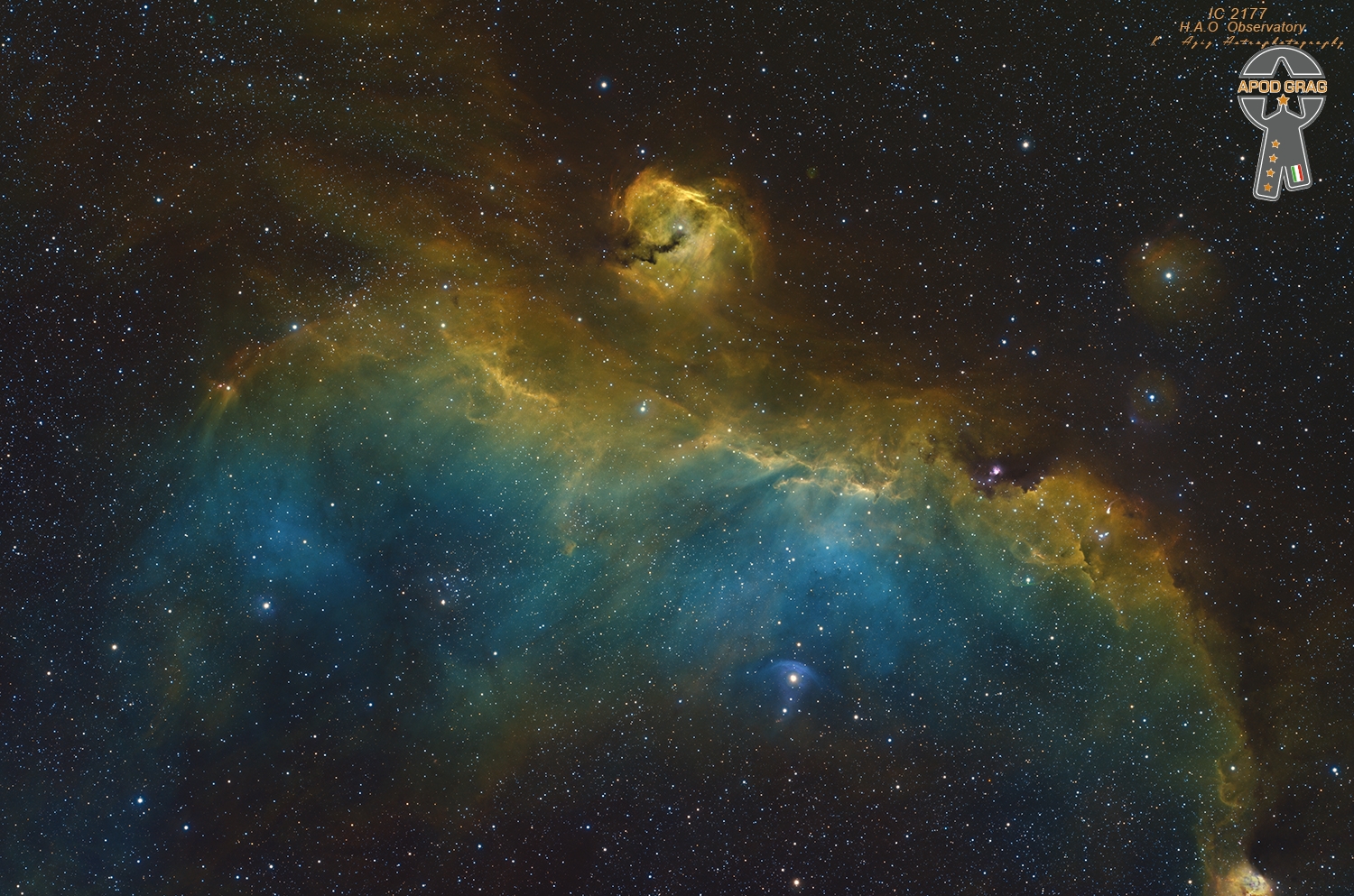
Buffy Sainte-Marie, CC (born Beverly Sainte-Marie, c. February 20, 1941) is an Indigenous Canadian–American singer-songwriter, musician, Oscar-winning composer, visual artist, educator, pacifist, and social activist. Throughout her career in all of these areas, her work has focused on issues facing Indigenous peoples of the Americas. Her singing and writing repertoire also includes subjects of love, war, religion, and mysticism. She has won recognition, awards and honours for her music as well as her work in education and social activism. Among her most popular songs are “Universal Soldier“, “Cod’ine“, “Until It’s Time for You to Go“, “Now That the Buffalo’s Gone“, and her covers of Mickey Newbury‘s “Mister Can’t You See” and Joni Mitchell‘s “The Circle Game“. Her music has been recorded by Elvis Presley, Neil Diamond, Cher, Donovan, Joe Cocker, Jennifer Warnes, Barbra Streisand, Shirley Bassey, Roberta Flack, Janis Joplin, and Glen Campbell.
In 1983, Sainte-Marie became the first Indigenous person to win an Oscar. Her song “Up Where We Belong“, co-written for the film An Officer and a Gentleman, won both the Academy Award for Best Original Song at the 55th Academy Awards[2] and the Golden Globe for Best Original Song.
In 1997, she founded the Cradleboard Teaching Project, an educational curriculum devoted to better understanding Native Americans.
more...Oscar Marcelo Alemán (February 20, 1909 – October 14, 1980) was an Argentine jazz multi instrumentalist, guitarist, singer, and dancer.
Alemán was born in Machagai, Chaco Province, in northern Argentina. He was the fourth child of seven born to pianist Marcela Pereira, a native Argentine, and Jorge Alemán Morales, of Uruguayan descent, who played guitar in a folk quartet with his children Carlos, Juan, and Jorgelina.
At the age of six, Alemán joined the family ensemble, the Moreira Sextet, and played the cavaquinho, a chordophone related to the ukulele, before taking up the guitar. The group travelled to Buenos Aires to perform at the Parque Japonés, Nuevo Theater, and at the Luna Park. Later they toured in Brazil.
more...James Edwards Yancey (February 20, c. 1895 – September 17, 1951) was an American boogie-woogie pianist, composer, and lyricist. One reviewer described him as “one of the pioneers of this raucous, rapid-fire, eight-to-the-bar piano style”.
Jimmy Yancey was born in Chicago, Illinois, most likely in 1895. However, at different times he stated 1900 and 1903, and other sources give 1894 or 1898. Researchers Bob Eagle and Eric LeBlanc suggest 1901.
His brother, Alonzo Yancey (1897–1944), was also a pianist, and their father was a vaudeville guitarist and singer. By age ten, Yancey had toured across the United States as a tap dancer and singer, and by twenty he had toured throughout Europe. He began teaching himself to play the piano at the age of 15, and by 1915 had gained a sufficient profile to influence younger musicians, including Meade Lux Lewis and Albert Ammons.
Jimmy played in a boogie-woogie style, with a strong-repeated figure in the left hand and melodic decoration in the right, but his playing was delicate and subtle rather than hard driving. He popularized the left-hand figure that became known as the “Yancey bass”, later used in Pee Wee Crayton‘s “Blues After Hours“, Guitar Slim‘s “The Things That I Used to Do”, and many other songs. Yancey favored keys—such as E-flat and A-flat—that were atypical for barrelhouse blues. Distinctively, he ended many pieces in the key of E-flat, even if he had played in a different key until the ending.
more...Frank Isola (February 20, 1925 – December 12, 2004 in Detroit, Michigan) was an American jazz drummer.
Isola was born and raised in Detroit and was heavily influenced by Gene Krupa. He played in the U.S. military during World War II (1943–45), and then studied and performed in California with Bobby Sherwood and Earle Spencer. He then moved to New York City, where he played with Johnny Bothwell and Elliot Lawrence in 1947. Following this he played with Stan Getz (1951–53) and Gerry Mulligan (1953–54), as well as with Mose Allison, Eddie Bert, Bob Brookmeyer, Jimmy Raney, Johnny Williams and Tony Fruscella.
more...Charles Kynard (20 February 1933 – 8 July 1979) was an American soul jazz/acid jazz organist born in St. Louis, Missouri.
Kynard first played piano then switched to organ and led a trio in Kansas City including Tex Johnson (flute, sax) and Leroy Anderson (drums). In 1963, he settled to Los Angeles and his band featured guitarists Cal Green and Ray Crawford, drummer Johnny Kirkwood.
more...https://www.youtube.com/watch?v=dWk6bJRx1AQ&list=PLEB3LPVcGcWZ0hsQ5_jgSMhawAnDzy1io&index=2
more...Maroons three gigs at McCreadys I don’t remember that. And then look who’s in the Cats pic at the Union Bar gheezzz They weren’t supposed to use that pic; I was in the original 4 pc Cats. It was the wild days and then some!
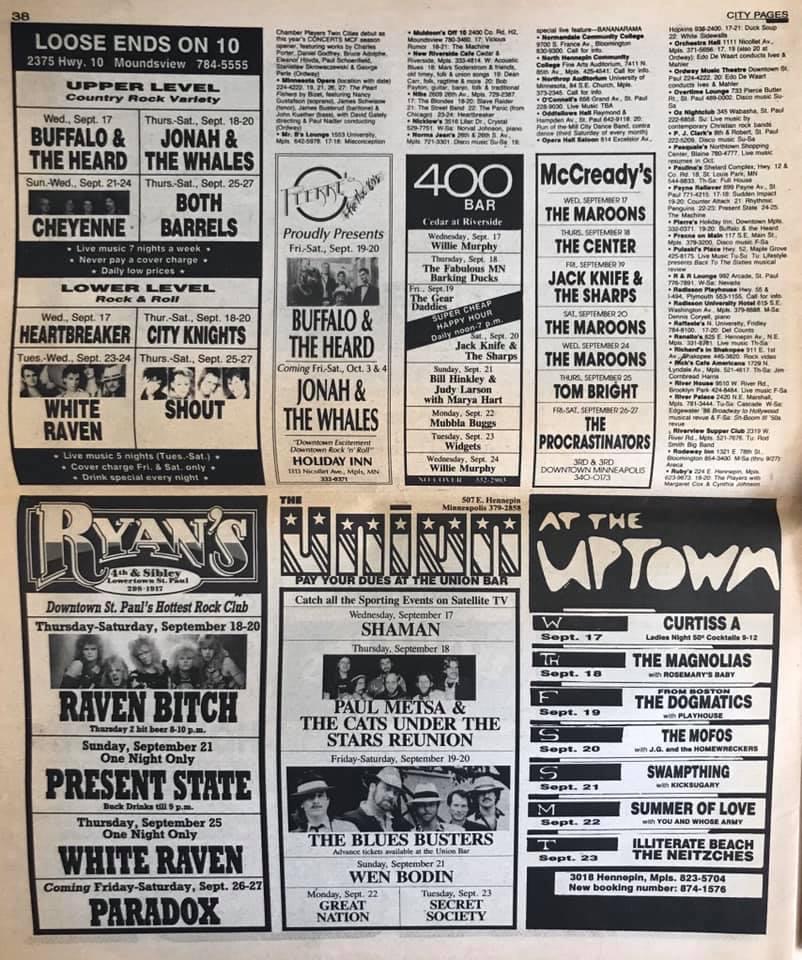
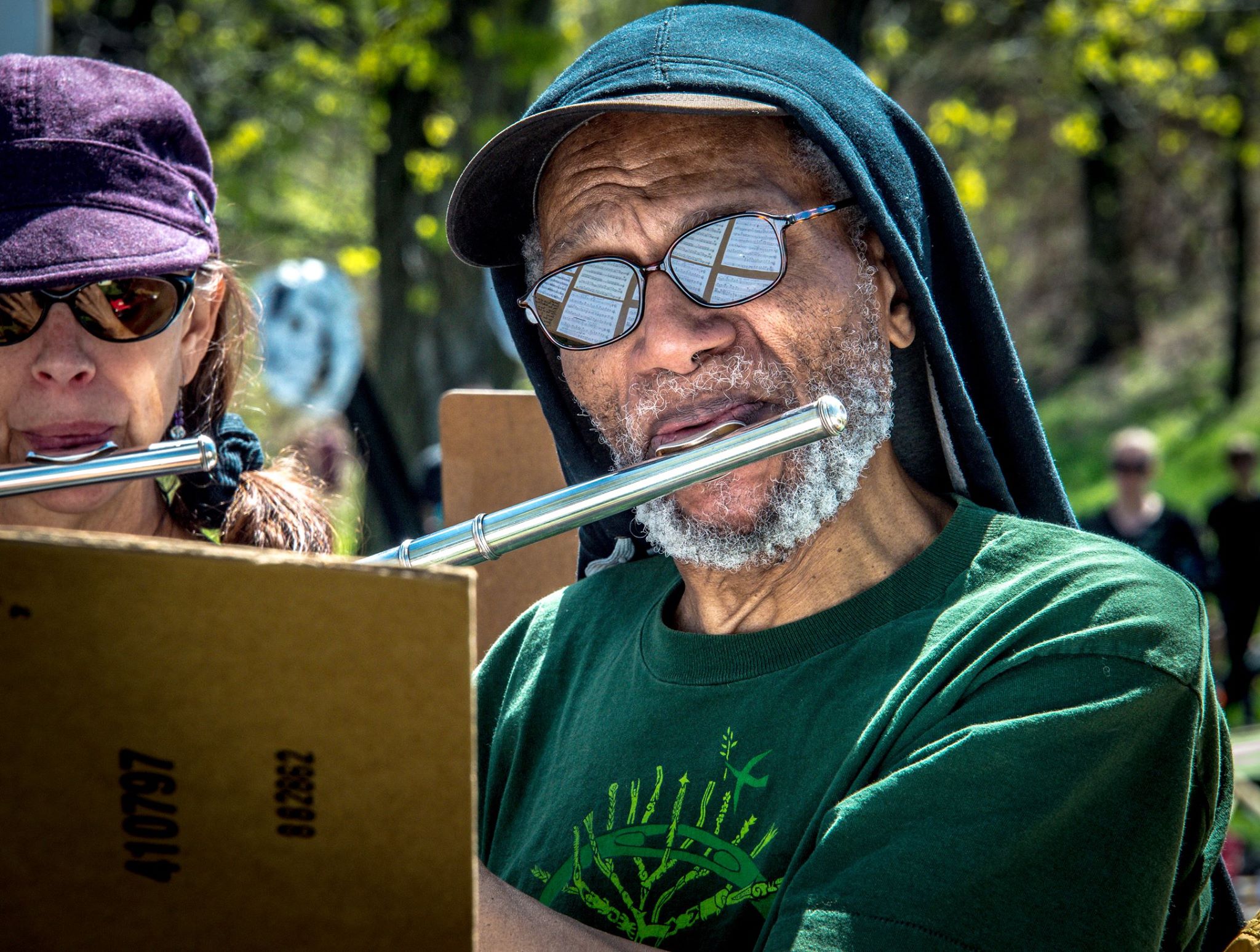
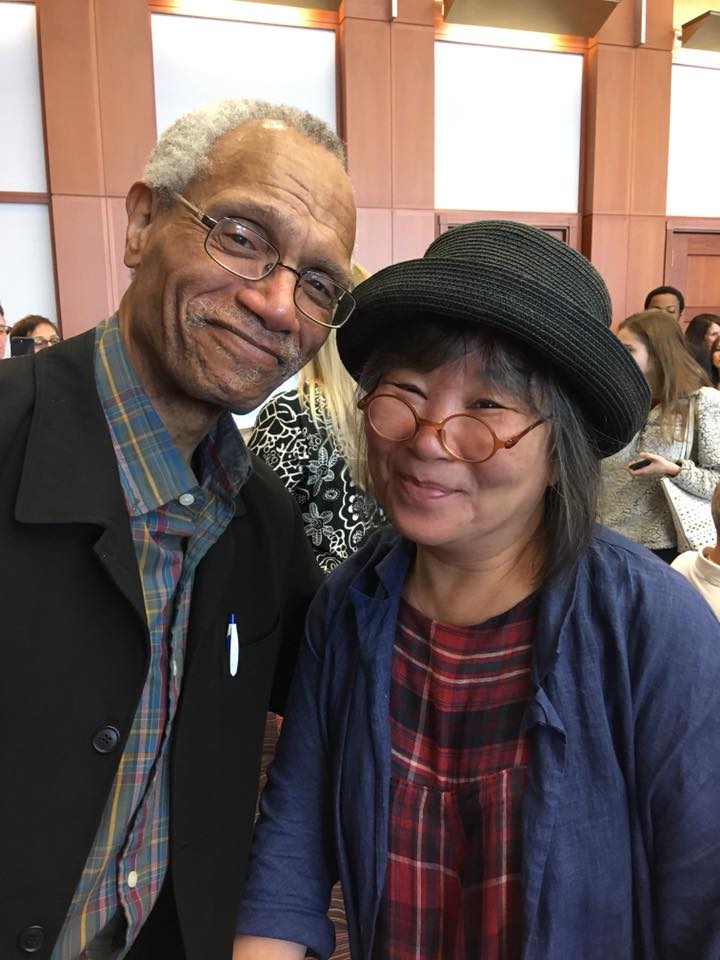
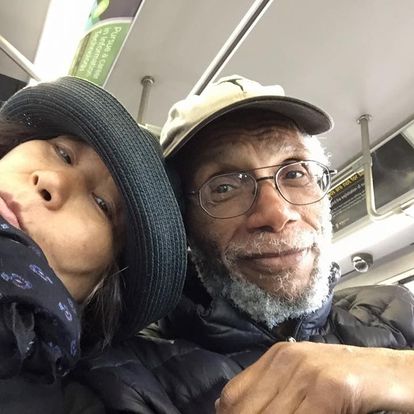

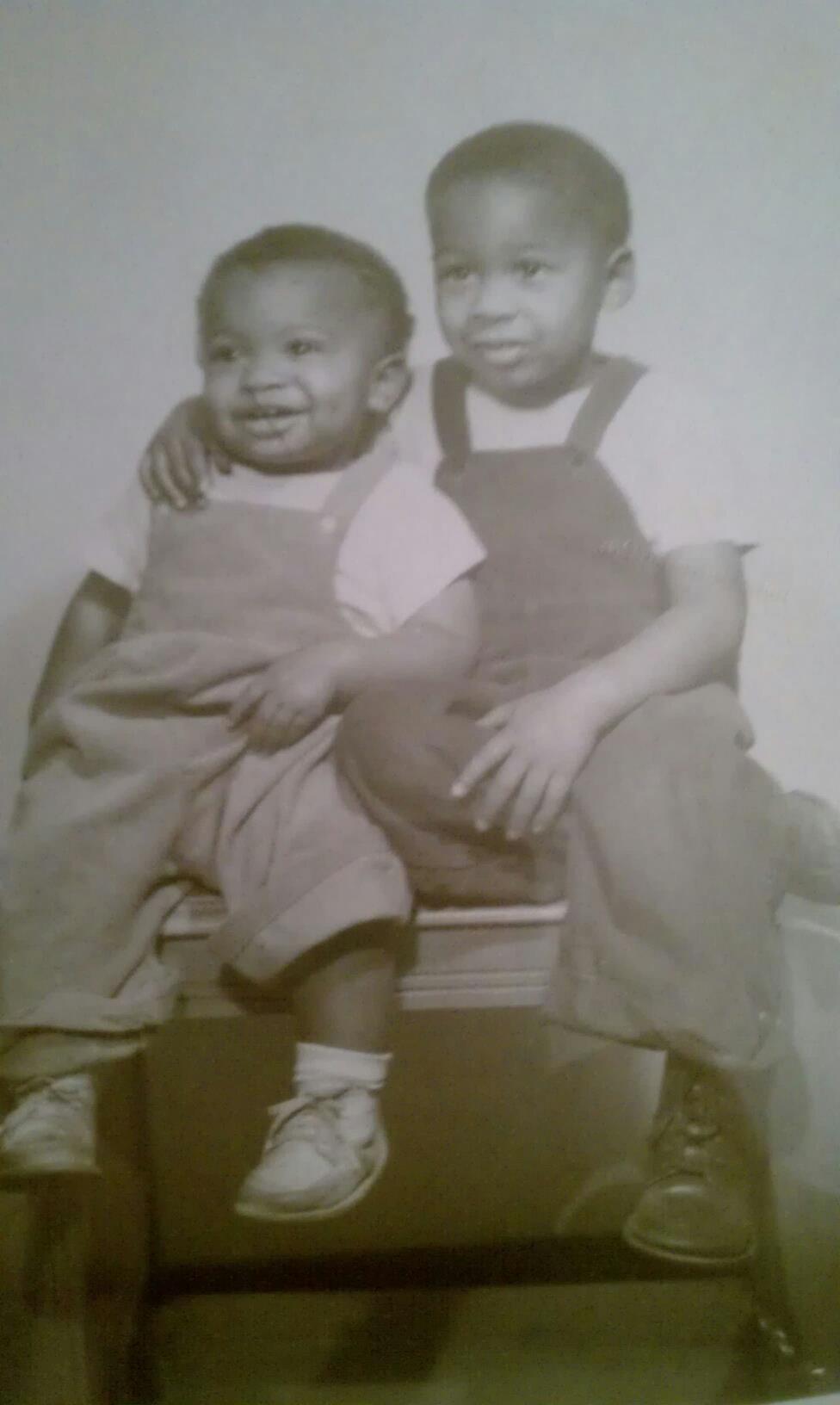
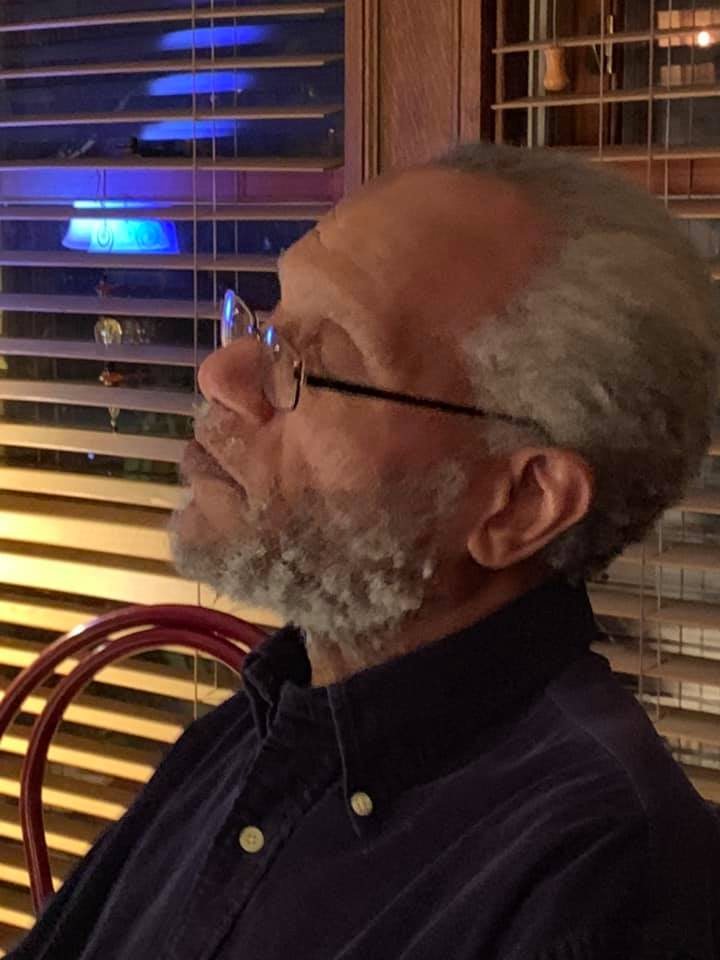
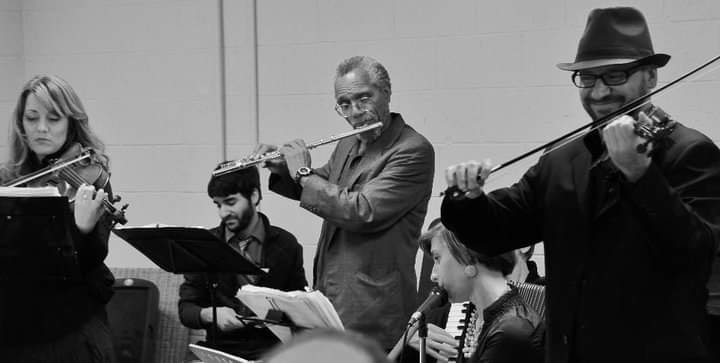
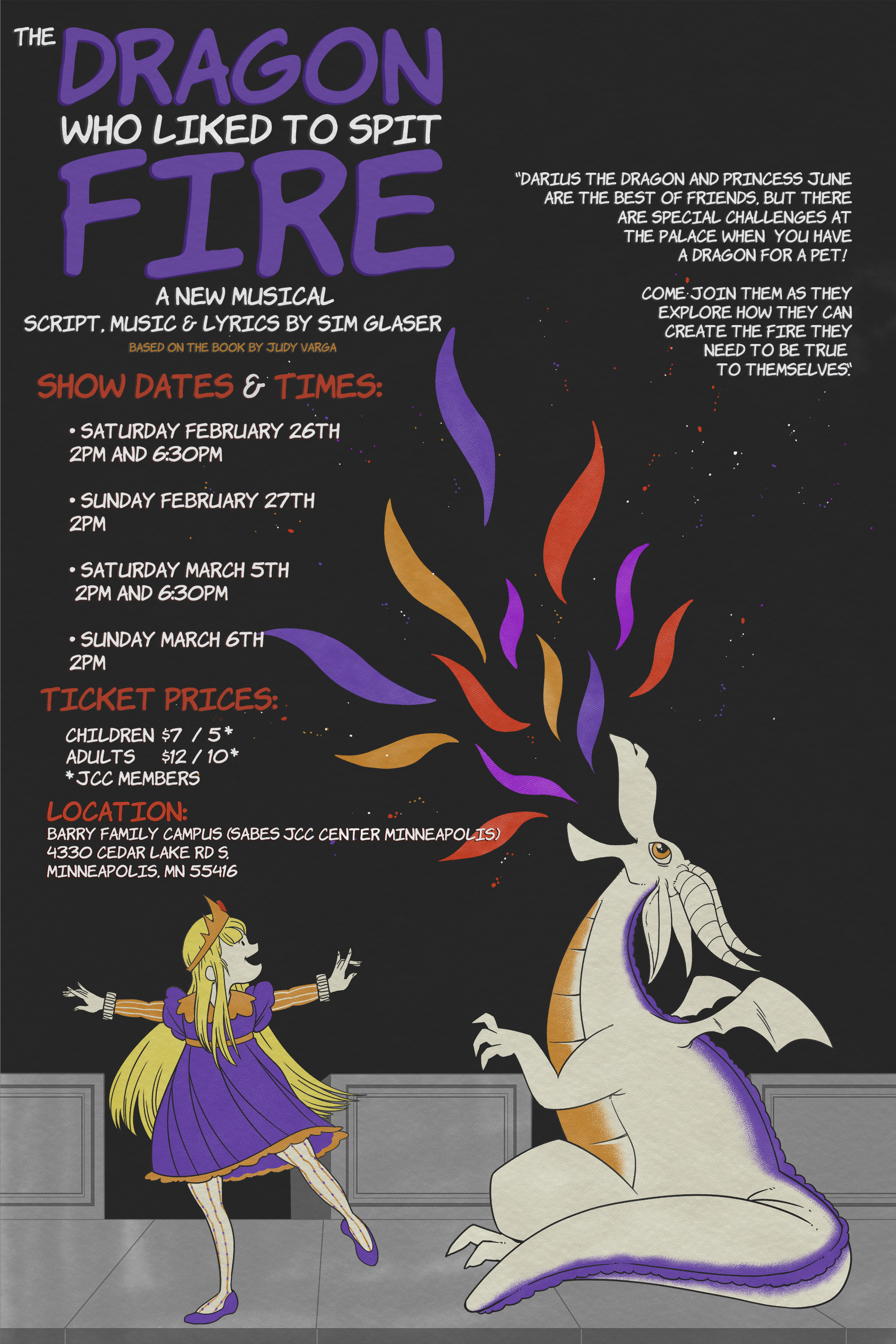
The two eye-catching galaxies lie far beyond the Milky Way, at a distance of over 300 million light-years. Their distorted appearance is due to gravitational tides as the pair engage in close encounters. Cataloged as Arp 273 (also as UGC 1810), the galaxies do look peculiar, but interacting galaxies are now understood to be common in the universe. Nearby, the large spiral Andromeda Galaxy is known to be some 2 million light-years away and approaching the Milky Way. The peculiar galaxies of Arp 273 may offer an analog of their far future encounter. Repeated galaxy encounters on a cosmic timescale can ultimately result in a merger into a single galaxy of stars. From our perspective, the bright cores of the Arp 273 galaxies are separated by only a little over 100,000 light-years.
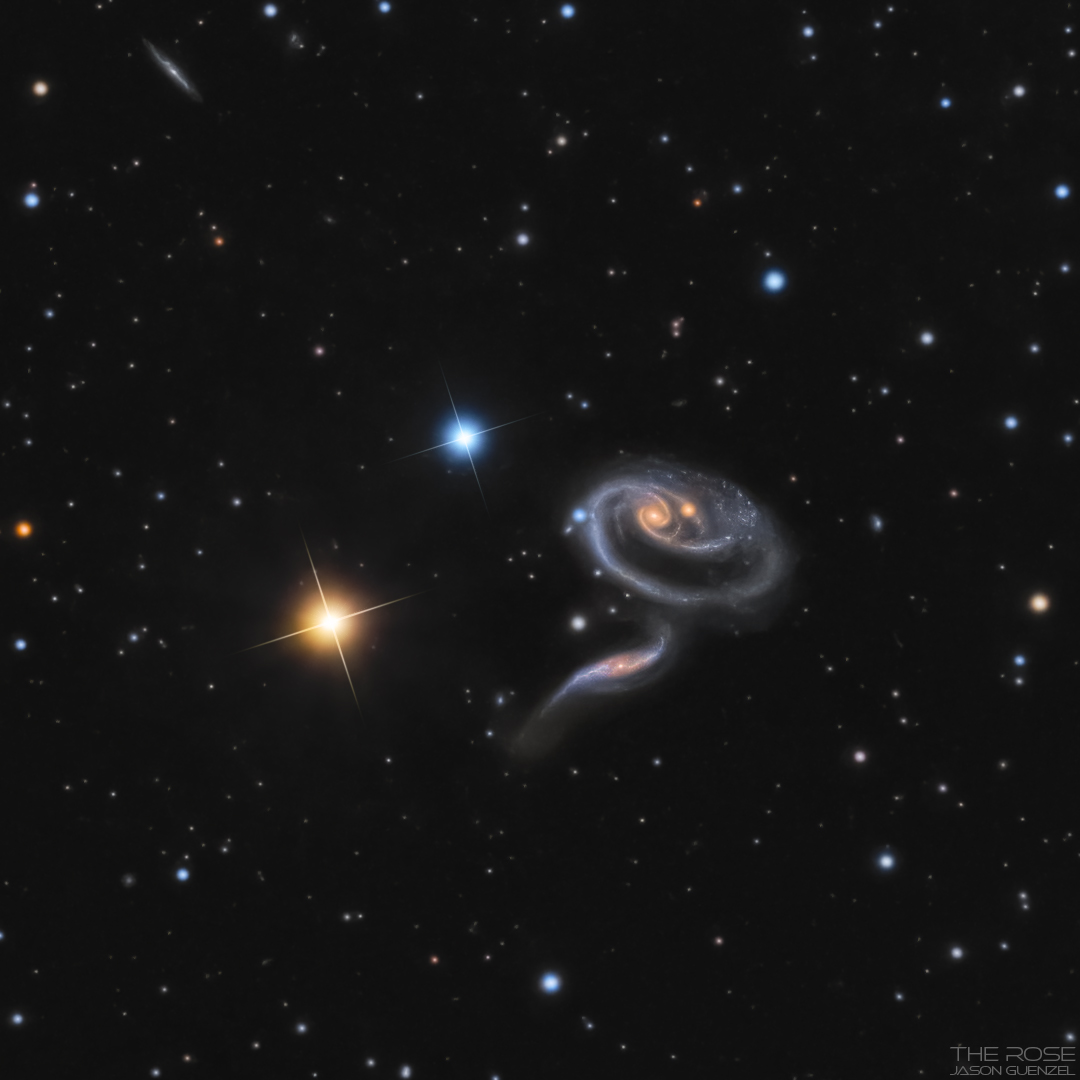
More Posts
- Daily Roots with Easton Clarke
- The Cosmos with IC 4970 and NGC 6872
- Frank Gambale Day
- John Patitucci Day
- World Music with Bwiti
- Daily Roots with Joe White & the Reggae Crusaders
- Happy Winter Solstice 2018
- The Cosmos with Sh2-140
- Paco de Lucia Day
- Frank Zappa Day
- Hank Crawford Day
- World Music with Antonio José Cortés Pantoja “Chiquetete”
- Daily Roots with Trinity
- HAIR a tribal musical January 31st thru February 10th 2019
- The Cosmos with M94
- Larry Willis Day
- Cousin Joe Day
- World Music with Malou Beauvoir
- Daily Roots with Cecil McDonald
- The Cosmos with NGC 1222